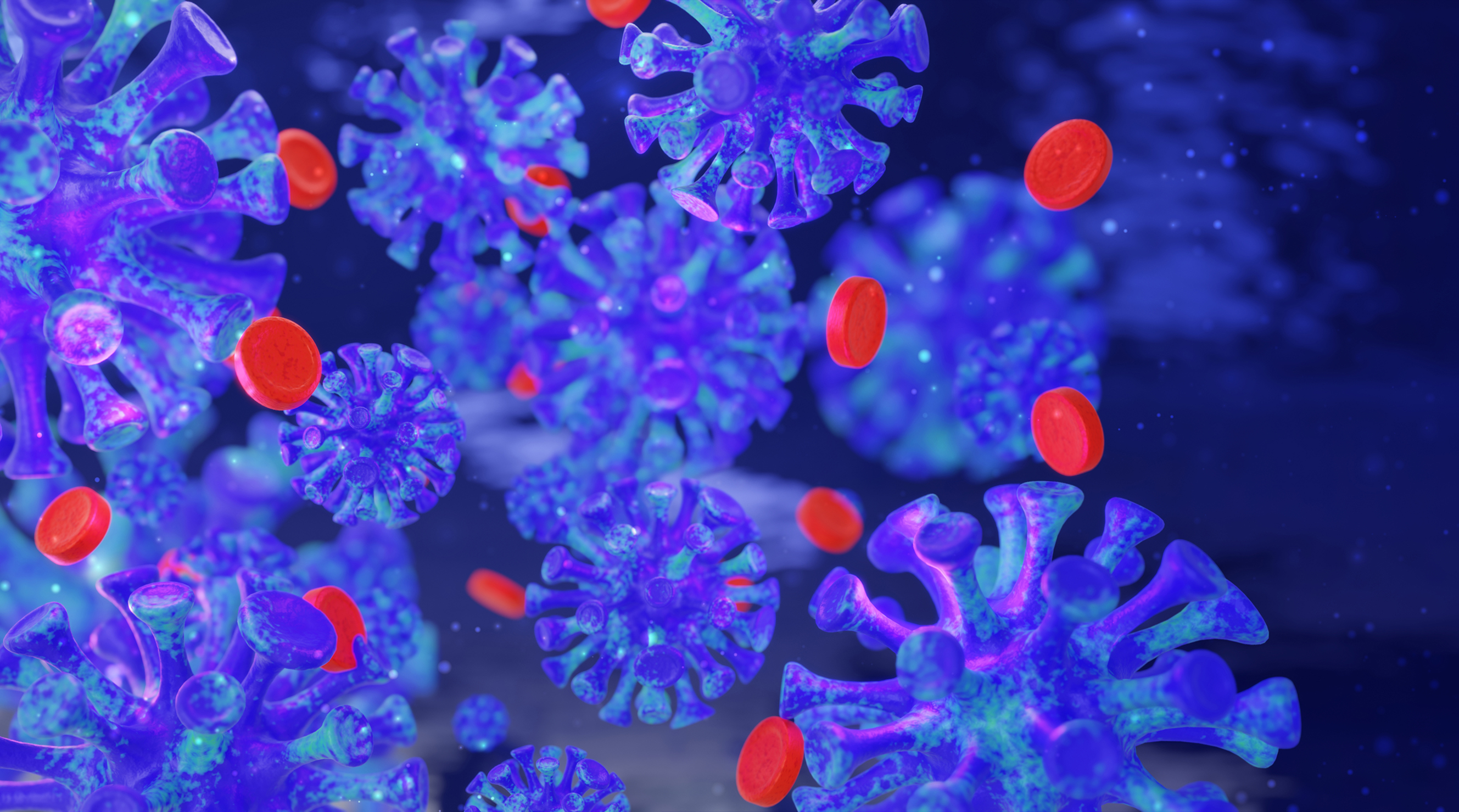Prevention and management of venous thromboembolism in COVID-19
Patients with COVID-19-related disease resulting from severe acute respiratory syndrome coronavirus 2 (SARS-CoV-2) infection are at an increased risk of thrombosis and its complications. The risk is particularly high for pulmonary embolism and deep vein thrombosis in the 7 days after a positive test and risk of PE is significantly elevated up to 56 days after a positive test. Three main factors lead to venous thrombosis: endothelial damage, venous stasis, and a hypercoagulable state. The exact pathophysiological mechanisms underlying the increased risks of thrombosis in COVID-19 are not yet fully explained. Aside from the general risks associated with lowered mobility and potential dehydration in hospitalised patients, infection with SARS-CoV-2 can produce widespread endothelial damage and a marked increase in production of pro-inflammatory cytokines that can induce a hypercoagulable state.
Remit and target users
This guideline provides recommendations based on current evidence for best practice in the pharmacological prophylaxis and management of thrombotic complications of COVID-19. It includes advice for non-pregnant adults in hospital in ICU and non-ICU settings, as well as (non-pregnant) patients in the community. It covers all degrees of severity of COVID-19.
COVID-19 is a new disease, and although much information on the infection has been published, there are still areas where evidence is preliminary or lacking and this is highlighted where appropriate.
This guideline does not address risk assessment, diagnosis or investigation of possible thrombotic events, for which existing guidance for patients without COVID-19 should be used. It excludes specific advice for the prophylaxis or management of thrombotic complications of COVID-19 in pregnancy or in patients under the age of 16. Advice on COVID-19 in pregnancy, including prevention of venous thromboembolism (VTE), is available from the guideline Coronavirus (COVID-19) Infection in Pregnancy developed collaboratively by Royal Colleges and public health agencies, from the position statement Maternal Critical Care Provision developed by SIGN and the Chief Medical Officer (CMO) Clinical Cell and the COVID-19 Clinical Advice Maternity Care developed by The Scottish Government. The current guideline excludes advice on the management of thrombotic complications following vaccination against COVID-19. Advice on this topic is available from the British Society for Haematology guidance COVID-19 Vaccine-induced Immune Thrombocytopenia and Thrombosis and the National Institute for Health and Care Excellence (NICE) COVID-19 rapid guideline Vaccine-Induced Immune Thrombocytopenia and Thrombosis.
This guideline will be of interest to physicians in primary and secondary care, nurses in primary and secondary care (including nurse prescribers and advanced nurse practitioners), community and hospital-based pharmacists, care co-ordinators and patients and their carers.
How this guideline was developed
This guideline was developed using SIGN’s rapid guideline methodology based on a systematic review of the evidence. Further details can be found in the SIGN rapid guideline methodology manual.
Keeping up to date
This rapid guideline was published in December 2021 and will be considered for review or withdrawal after no later than one year. The review history, and any updates to the guideline in the interim period, will be noted in the review report.
![]() Current 3-7 years
Current 3-7 years
Some recommendations may be out of date, declaration of interests governance may not be in line with current policy.
